
If you struggle to trust yourself and find it hard to do so, you're not alone.
Before you continue with how to trust yourself and unlock your full potential, make sure you have read “what self trust looks like.”
If you’re struggling with trusting yourself, it could be because you have gotten into the bad habit of ruminating on past mistakes, negative experiences, misfortunes or limited perspectives of perhaps a once un-resourceful version of yourself.
It’s also possible that you are hanging on to toxic people or circumstances, worried about what others think of you, comparing yourself to others, not willing to make the best decisions for yourself, or haven’t yet processed your fears.
Trusting yourself means you believe in your character, your strength, your personal truth and that you have confidence in yourself to take the aligned actions you need to live in your truth and manifest what you say you will create or do.
Trusting yourself is about keeping your agreements - with yourself and with others (which ultimately is a reflection of your own commitment to what you say you will do).
Most of all, self-trust means you rely on yourself to do the right thing by you. You have integrity to honour your word, and not betray yourself.
There’s nobody more important to trust than yourself.
What corrodes that self-trust?
Ultimately, accepting other people’s criticism and taking it in to mean you are not good enough, or worse, constantly judging yourself and being harshly self-critical. These habits of thinking are often an ‘echo’ of someone important to you that you feel you didn’t measure up to their standards, like an overly critical parent or a harsh teacher. If you accept these criticisms as true and worse keep repeating them, it can feel difficult to make your own decisions for fear of making the wrong choice. But the very nature of being in the energy of fear of making the ‘wrong’ decision usually results in you doing just that, or making no decision at all, which means you are giving away your power.
Comparing yourself with others where you undermine your personal value is also a toxic habit of thinking that eats away at your confidence and ability to trust yourself.
How to trust yourself to unlock your full potential
Take action with these next steps and not only build a better connection with yourself, but also benefit from the extra boost in confidence that comes from making strong and powerful decisions that you know are right for you, but also sharpen your intuition as well as your decision-making skills so that you can stand in your personal power and unlock your full potential.
-
Be YOUnique.
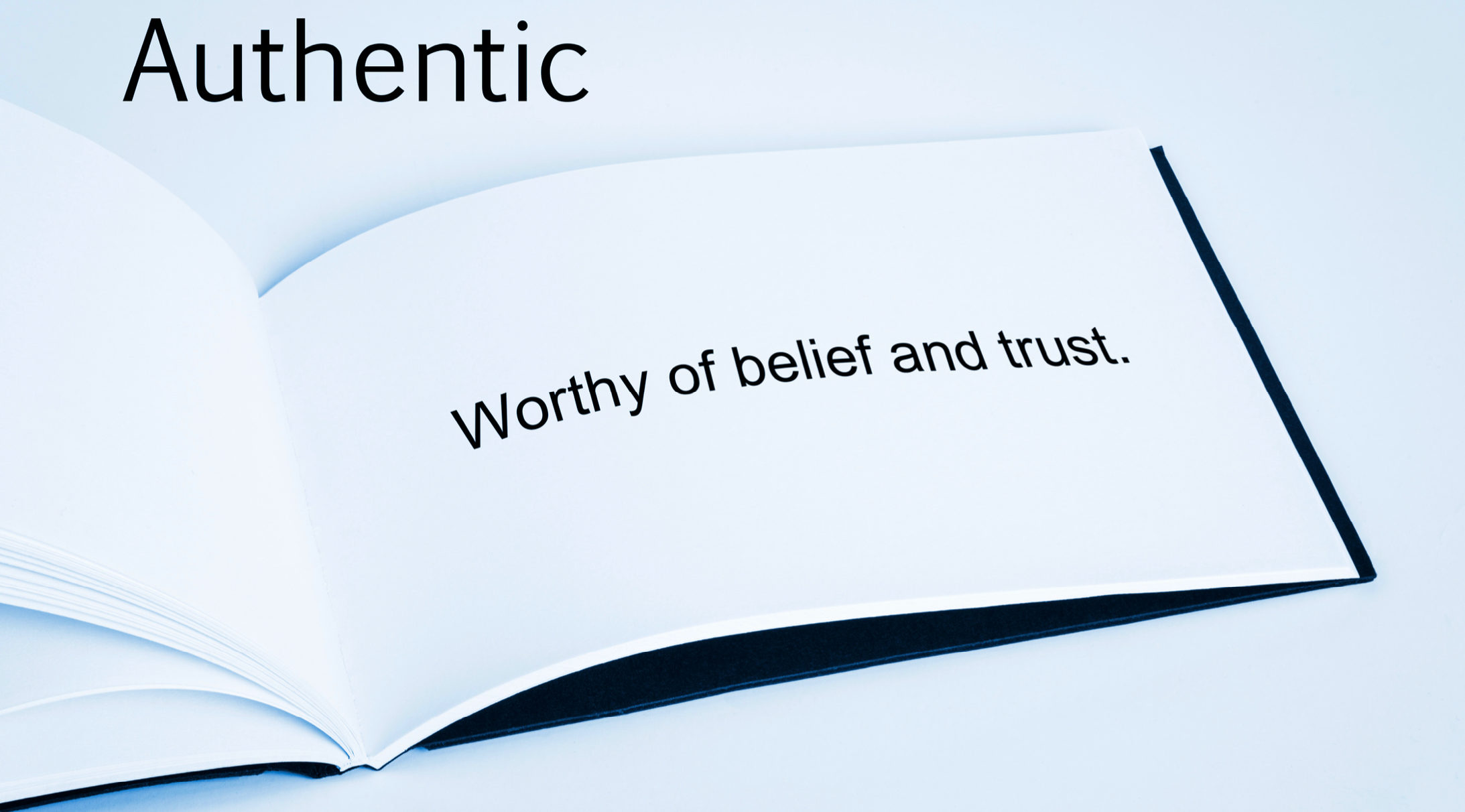
Be yourself. ALL OF THE DIVINE GORGEOUS YOU! If you fear being the best and brightest version of yourself because you are afraid of how others will judge you, you might contract your energy, or ‘mask up’ and change how you act around people so that you minimise the risk of criticism. Acting differently to who you really are is a tell-tale sign that you are lacking self-confidence and trust in yourself. The energy of that is perceived by others, which feels awkward and ‘tells’ people you are not trust-worthy because you are living out of alignment with who you really are.
If you feel insecure and don’t believe it’s safe to be you, then that energy also attracts others who are not feeling safe within themselves; conversely it also repels people who are confident and trust themselves. Confident people who trust themselves know better than to engage with people who do not trust themselves, because they usually say things they don’t mean to be ‘agreeable’ and people please, break their agreements, let people down, disappoint family and friends and make it really difficult to connect in an authentic way.
Build your self-trust up like a bank account, investing in yourself with regular deposits. Be selective with who you choose to spend your time with and make sure you are surrounding yourself with people you are comfortable with who they are and also have a high standard of self trust. People who trust themselves don’t talk about others in a negative way, blame others, or harshly criticise others; to do that would demonstrate that they feel insecure about themselves. Find new people to hang out with. And be a better version of yourself, making the decision to speak positively about yourself and others, take radical responsibility for yourself and your life and celebrate the uniqueness of yourself and others.
When you are yourself around other people, your experience is reflected back as people treat you with more trust. This builds a positive feedback loop of you trusting even more in yourself.
-
Know your needs, and meet them without demanding others to meet them for you.
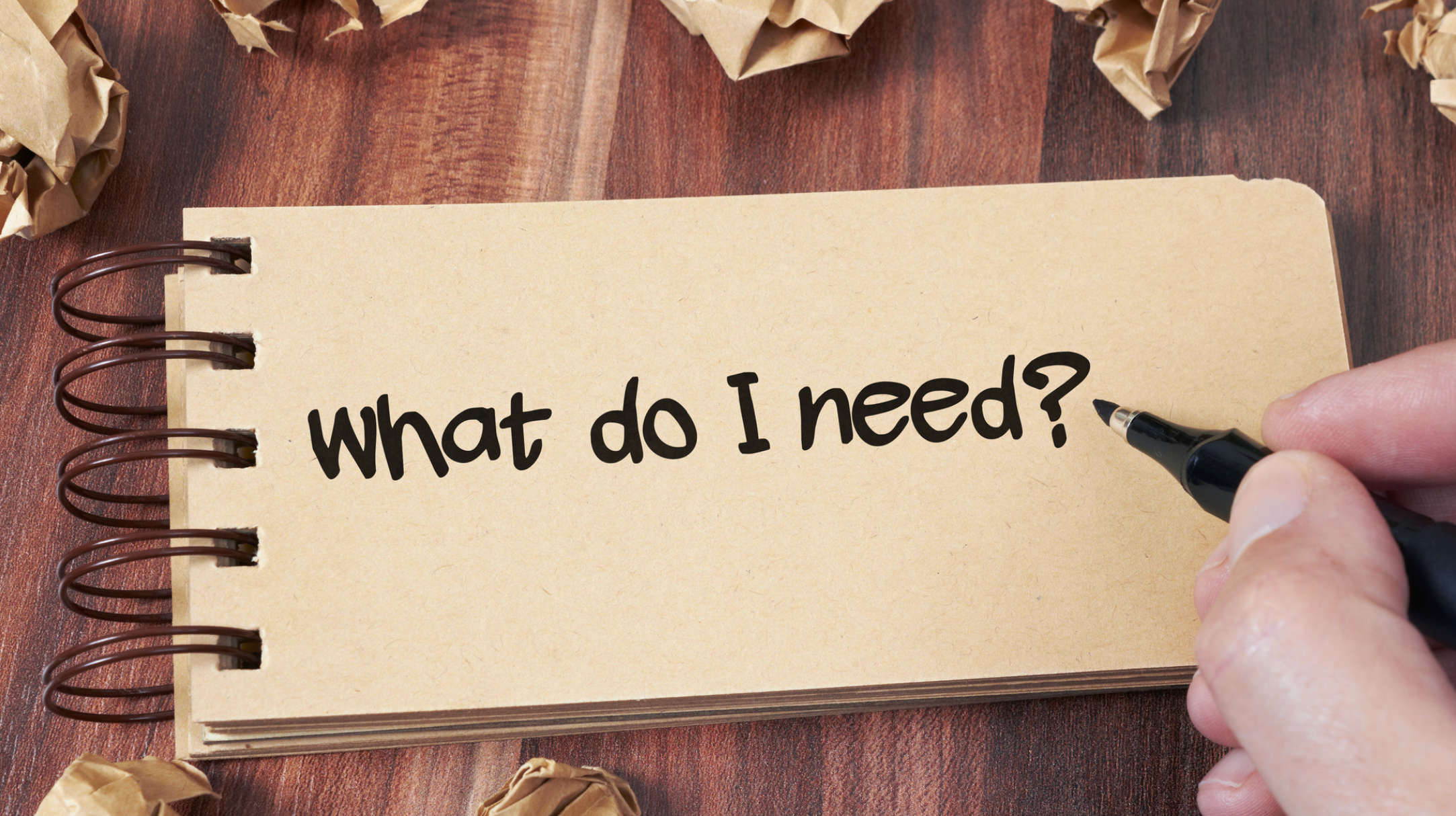
While it’s nice to have others help you meet your needs, and it’s a beautiful thing to both offer and receive that support, it’s just as (if not more) important for you to clarify your needs with yourself and make sure you are taking care of them, prioritising your needs too.
Where so many who don’t trust themselves go wrong is putting their energy, time and attention into helping everyone else get their needs met at the cost of their own. Usually in this case, there is a belief, or conditioned pattern, of ‘giving’ without being willing to receive or expecting to ‘give to get,’ even if it is at a subconscious level.
Those who trust themselves set healthy limits on their energy, time and attention that they offer to others, while also making it a regular practice to take care of their own needs. They understand that when they feel ‘full’ with love for themselves, they trust themselves to honor their own needs and not betray them, they are more balanced in giving to others and even expand their capacity to give without feeling run down or burnt out.
If you are all ‘give’ without being willing to receive, including from yourself, you will continue to attract ‘takers’ who will happily suck the supply out of you. If you don’t value your time, energy and self, no one else will.
-
Set clear healthy personal boundaries, and enforce them with compassion and personal power.
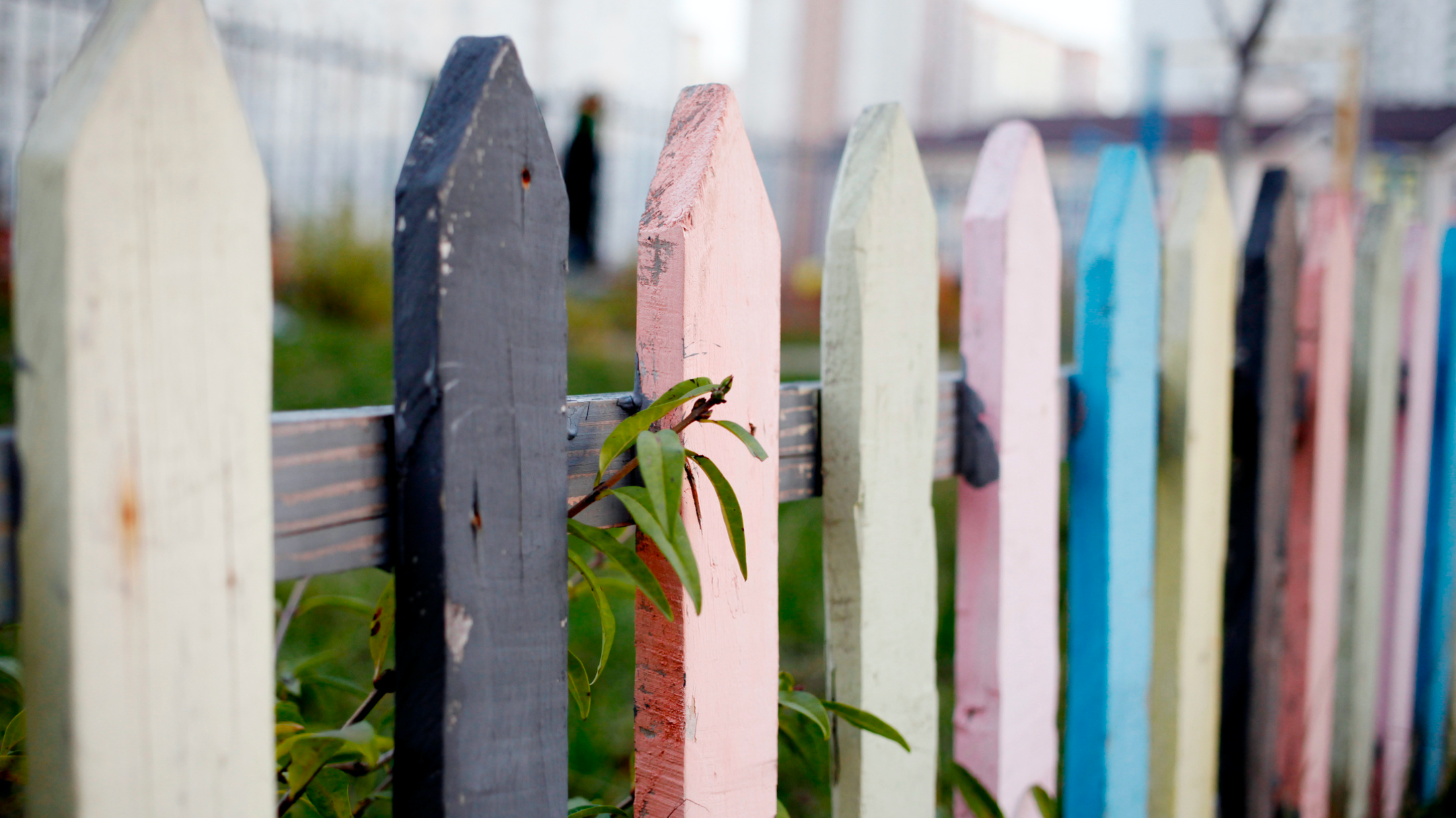
If you have a hard time saying “No!” to others and being assertive (without being rude) to other people who overstep, then most likely you don’t trust yourself.
A key component to trusting yourself is having and enforcing healthy boundaries which establish acceptable ways for people to behave towards you, and how you choose to respond when people push those limits. They always will try to push your limits. Most people are operating with limiting beliefs and dysfunctional conditioning to manipulate and control others to get their needs met. That’s a ‘lack’ mindset.
Your job is to communicate kindly and effectively to state what is acceptable, and what is not. The more you trust yourself, the more you can witness others try to push (and break) boundaries, but it doesn’t bother you nearly like it would when you once struggled to trust yourself.
Create healthy personal boundaries by:
- Practicing self awareness; be in tune with your thoughts, feelings and energy, what is yours and what is not.
- Define your needs.
- Know your preferences, what are your likes and dislikes?
- Take 100% responsibility for emotional triggers, they are opportunities for you to transmute OLD UNRESOLVED WOUNDS.
- Clearly communicate your needs with others in a positive and compassionate way.
- Ditch the blame, or ‘vilifying’ and focus on resolution and ‘unifying;’ use ‘I’ statements. Also have discussions with an emphasis in terms of values and needs, not what someone is ‘doing’ with their behaviour, and make sure you are solution focused, not problem picking.
- It takes time to set and establish healthy boundaries, especially if you previously allowed others to walk all over you. Be accepting of challenging moments as you continue to reinforce your needs and boundaries. Stay patient and keep having clear healthy communication.
- Give yourself some space if you need to, but always communicate with others that you are doing so. For example: “I am totally willing to have this discussion with you. Give me 15 minutes to process my thoughts, and let’s sit down and chat again about it so we can resolve this together.”
-
Have healthy communication practices, and be direct.
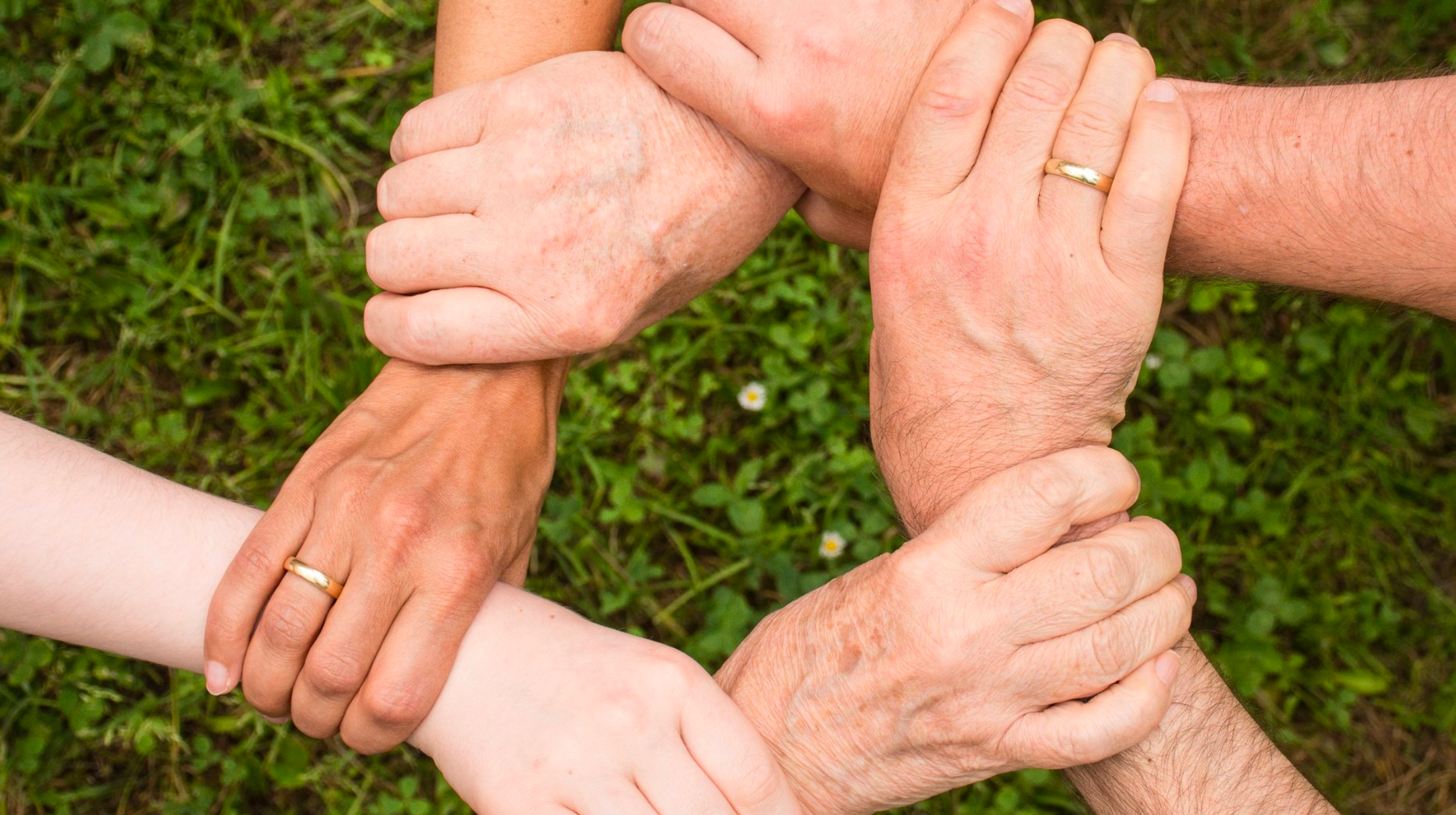
There are three main types of communication styles which people adopt (learned): avoidant, aggressive or assertive. There is usually a mixture of all three, with a dominant style when it comes to conflict or dealing with matters that one is uncomfortable with. The first two will create more conflict, imbalance and disharmony in your relationships. The latter will always have you building trust in yourself and others, therefore BONDING MORE DEEPLY with others.
Avoiding difficult conversations or ghosting someone because you don’t know what to say, again is a tell tale that you don’t trust yourself. So is being silent, ‘biting your lip’ to “keep the peace,” only to blow up like a volcano later. Being aggressive and ‘punching’ verbally to assert your power is also a lack of trust for yourself.
Many of us were not taught healthy communication styles from our parents, or care-givers. Most people have no clue how to communicate with LOVE, for self and others, and with a focus on a win-win solution. A lack of trust in self will show up in communication through avoidance and/or aggressive styles being the go-to. People who trust themselves will approach difficult conversations assertively with a mindset of resolution, not conflict.
-
Spend more time alone with yourself to reflect.

If you make yourself over-busy and distracted with everything outside of yourself, and you struggle to slow down to listen to your own thoughts, then you likely don’t trust yourself.
Could you imagine being in a relationship with a partner, who was so busy that they never stopped to listen to you and be fully present? The thought of that doesn’t feel good, right?
Yet so many do that to themselves.
Make time for yourself to look inward, to listen to your inner self and know yourself better. Spending quality time with yourself helps you to connect with yourself, listen to your thoughts, feelings, dreams, desires and needs.
Taking care of yourself, like meditating, going for long walks, spending time in the garden, hiking, swimming, or making a nice meal (even if it is for yourself and no one else), all help you get out of your head and into your body. In particular, your heart. You may notice feelings that you need to address, and nurture to resolve, instead of avoiding or displacing them onto others to have them attend to, when it’s YOU that needs to attend to them. No one else.
If you struggle being alone, then shift the idea of it into a special time for yourself to treat yourself to feeling good. Treat it like a retreat or a ‘spa day’. I even like to call it “Katie Time,” and you too may wish to name it your time too.
Just make sure you make it a habit to do things for yourself that feel good to you, so you fill up your own cup with love, meeting your needs to connect, and being seen and heard BY YOU.
-
Set realistic goals.
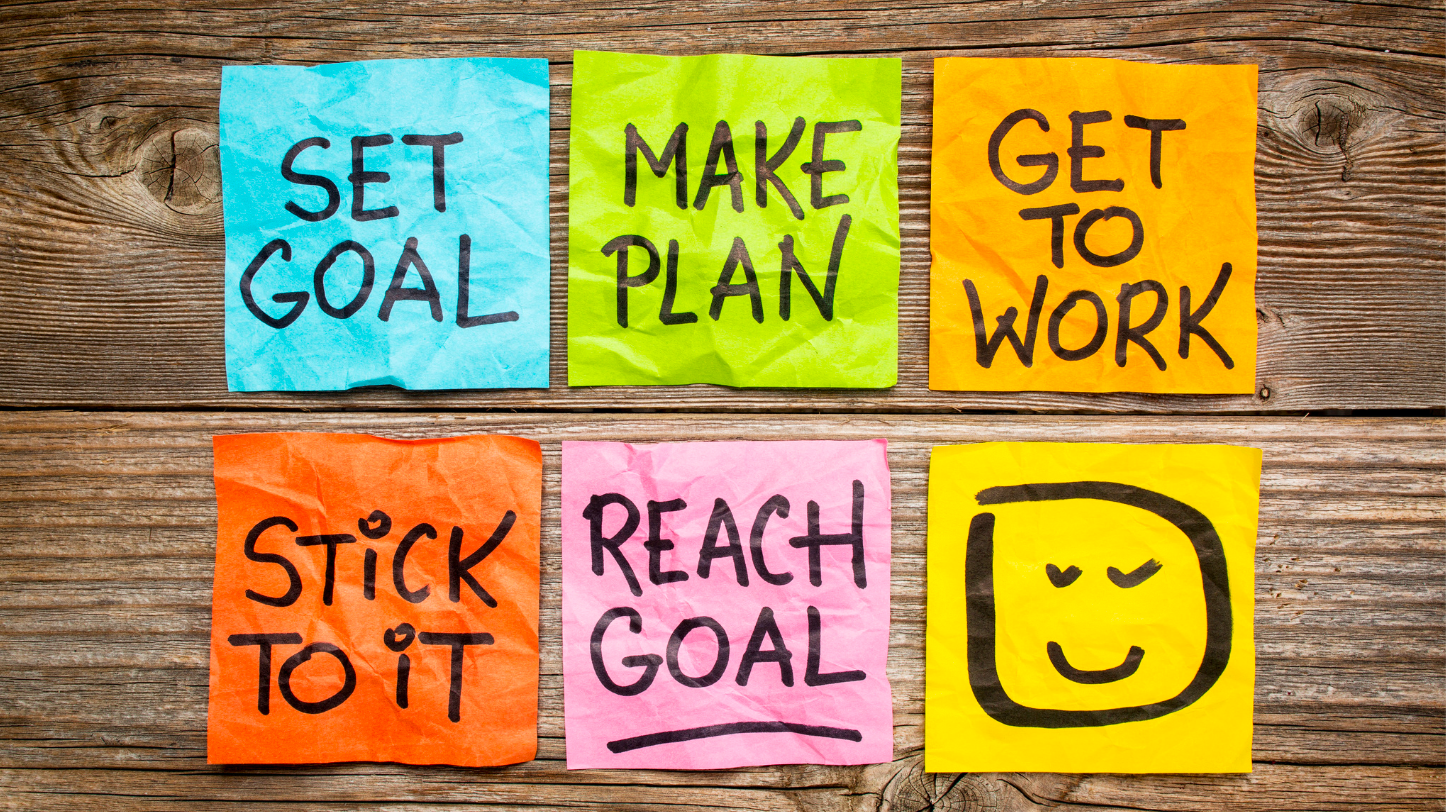
Too often I hear people tell me they are scared to define their goals, or even write them down. Why? Mostly because they don’t trust themselves to achieve them, and want to avoid feeling disappointed or that they failed, yet again!
But the thing is, you can achieve ANY goal you set your mind to, even really big ones, when you break them down into smaller mini goal milestones, that are a closer reach to get to.
When you set yourself up to win with ease, and celebrate every step along the way, you build trust AND MOMENTUM with yourself. The more you trust yourself, the more action you take. The more action you take, the more results you get. The more results you get, the more momentum you have!
So make sure you focus on the big vision and on the daily wins. Reinforce that trust-building by focusing on the gains, not the gap!
-
Visualise the best version of yourself that has already succeeded with your goal.

Where your focus goes, energy flows.
Whether you have a relationship goal, a wealth goal, a career/business/mission goal, a health goal or anything in between, you MUST put your mind on the end result visualising the details of your success, including how you positively feel about it!
When you do that you energise your body with excitement, which moves you into more aligned action.
The opposite is true too. If you focus on the fear of failing, or being disappointed, or not getting what you want, then that energy expands in your mind’s eye and directs how you think, feel and what action you take (or don’t take).
The problem with losing trust in yourself around goals, is when you say what you want but then don’t take aligned action to fulfil it. It’s a break in contract with honouring your own word.
The solution to have alignment is to have your conscious mind and subconscious mind in agreement with where you are headed. You want to decide on what you want. Choose your path, and take 100% responsibility for visualising your end result, experiencing the success. Then, taking the daily steps to get there.
The more you practice taking aligned action, even small baby steps, on a daily basis, the more trust you build with yourself that you are a person of your own word, and keeping it.
-
Focus on progress, not perfection
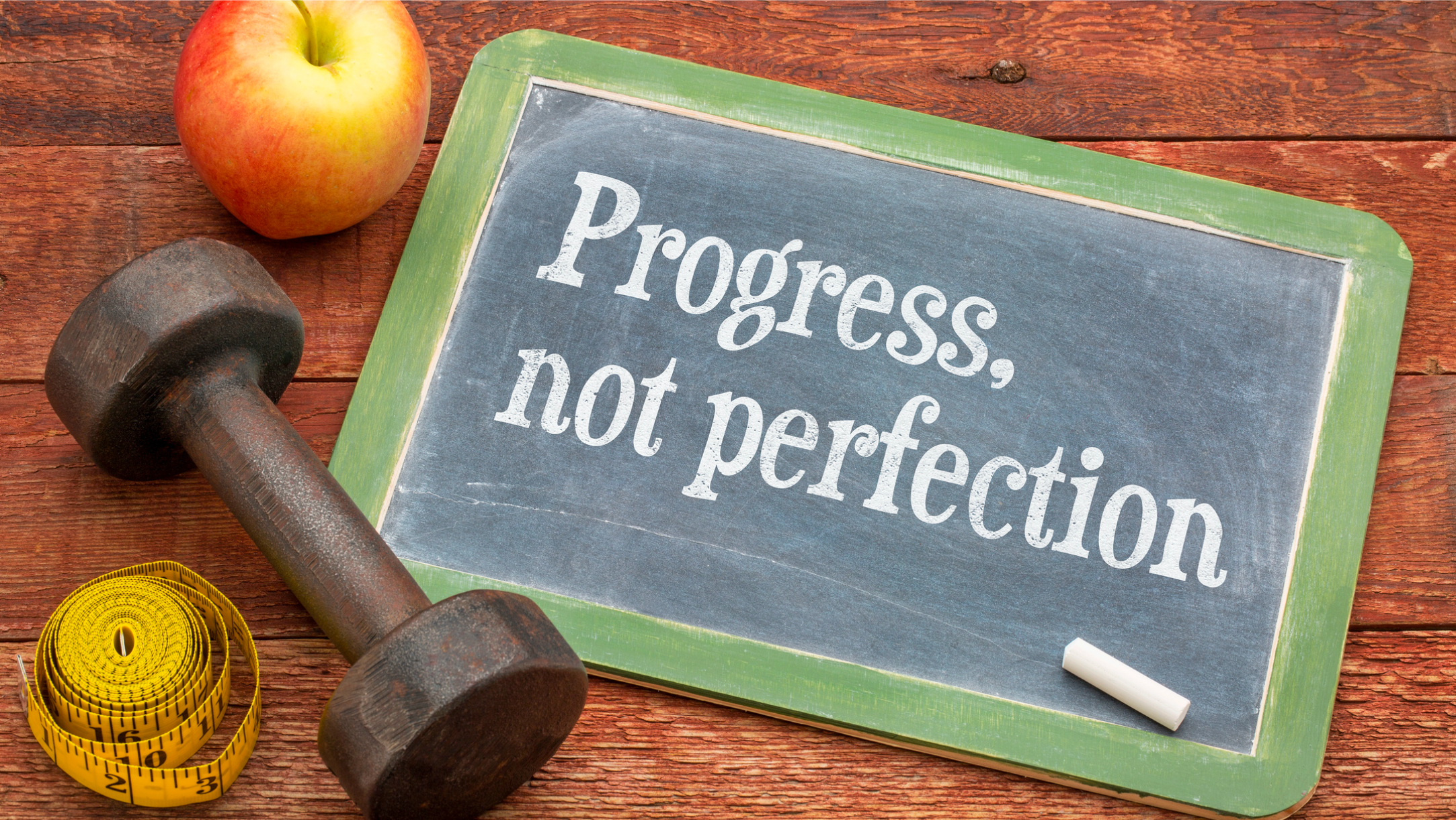
Mistakes are made. By everyone. The difference with someone who doesn’t trust themselves versus someone who does, is not accepting that mistakes happen and being over-critical and judgemental when they happen. This kind of mindset kills self-trust and any dreams and goals you may desire to manifest.
When a perfectionist makes a mistake, they tend to give up or focus on feeling like a total failure. They are terrifically hard on themselves, and don’t allow any room for error. They replicate destructive thought patterns and behaviour from programs lodged in their mind from early child-hood conditioning and experiences, leaving themselves paralysed with fear and procrastination —- as they determine that failure is an unacceptable risk.
The thing is, taking no action gives you a TOTAL ZERO SUM RESULT.
A shift in mindset to focusing on progress, not perfection, helps to develop self-trust and results, as you celebrate the small steps along the way, not just being fixed on the final result. There is so much more time, effort and energy invested into the journey, so why not enjoy all of it along the way?
Allow yourself to make errors. Learn from your mistakes. Be kind and compassionate with yourself and relax into the process of focusing on progress, not perfection.
-
Trust your intuition

When you get stuck up in your head with overthinking, it can get in the way of trusting yourself. Making any decision from your head, not your heart, can have you second guessing your choices. This leads to division within, and internal conflict and anxiety.
To get out of your head and listen to your heart and gut, you need to focus your attention on what you feel, not leading with what you think.
Feel to heal!
Your body never lies. When you are in tune with your feelings, you allow yourself access to information (in-form-at-ion = in form with energy) that you would otherwise ignore, overlook, or suppress your true feelings with self-destructive behaviour; such as, bursting out with anger, ‘eating’ your feelings by over-consuming food, or ‘drinking’ them to drown them out.
Give yourself the gift of regular time to listen to yourself. Listen to your heart. Listen to your gut. And pay attention to what it tells you. You may not process every emotion in one ‘session’ with yourself, but over time with repetitive reflection and listening to yourself you will build a stronger connection to trust your body and your gut when making decisions.
Creating the life you want to live, and LOVING it every single day, BEGINS with trusting yourself.
Take action, every single day, to build a deeper bond and understanding of the most important person (and relationship) in the world to you. YOU.
As you do, you will empower yourself with the confidence and ability to make the best decisions for yourself, and unlock your full potential to live the life you love!





